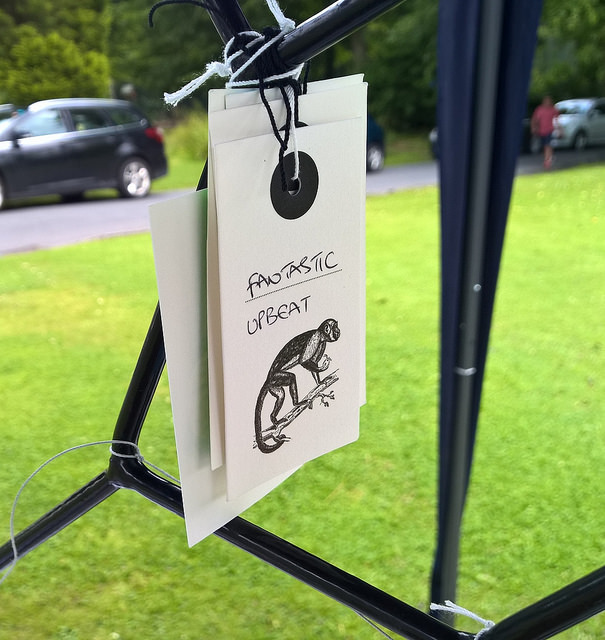|
A few years back, I worked on a three year contract supporting organisational change in a group of universities who were starting to come to terms with a then brand new agenda, where academics and researchers needed to become more outwards facing, connecting with the public on their doorstep and at large. Part of my role was to mentor internal directors and project managers, and the departments they worked with, in looking for the impact of their activities. Like many major programmes, the initiative had a quite intense, technical, formal, robust evaluation system underpinning it. Like many organisations, this was not the fun part of anyone's work, and on top of everything else going on, was not generally what most people were interested in prioritising. In my mentoring role, I wanted to increase people's confidence about being able to carry out evaluation that was realistic and meaningful, and reduce their fear of becoming overwhelmed. At the same time, some of the community groups involved had been saying their previous experiences of evaluation in university programmes had, at times, been overwhelming, invasive, and one-sided.
As a result, I created a simple, practical, set of suggestions to make evaluation do-able, useful, positive and meaningful. It simply offered these ten top tips, and five years later with the huge amount of learning I've developed about evaluation, they still absolutely stand the test of time...
0 Comments
Your comment will be posted after it is approved.
Leave a Reply. |
Details
...BlogI'm most interested in how the public, your public, whoever that may be, engages with culture and creativity.
And if it nurtures creativity and develops personal, social or professional skills I'm absolutely all ears. Categories
All
Archives
May 2023
|



 RSS Feed
RSS Feed
